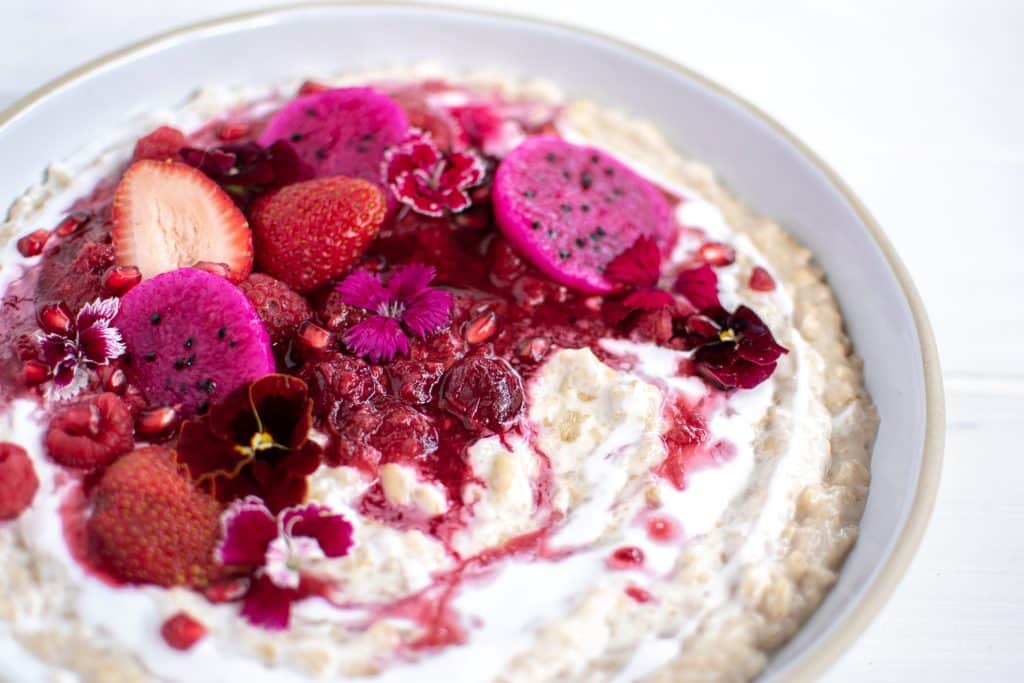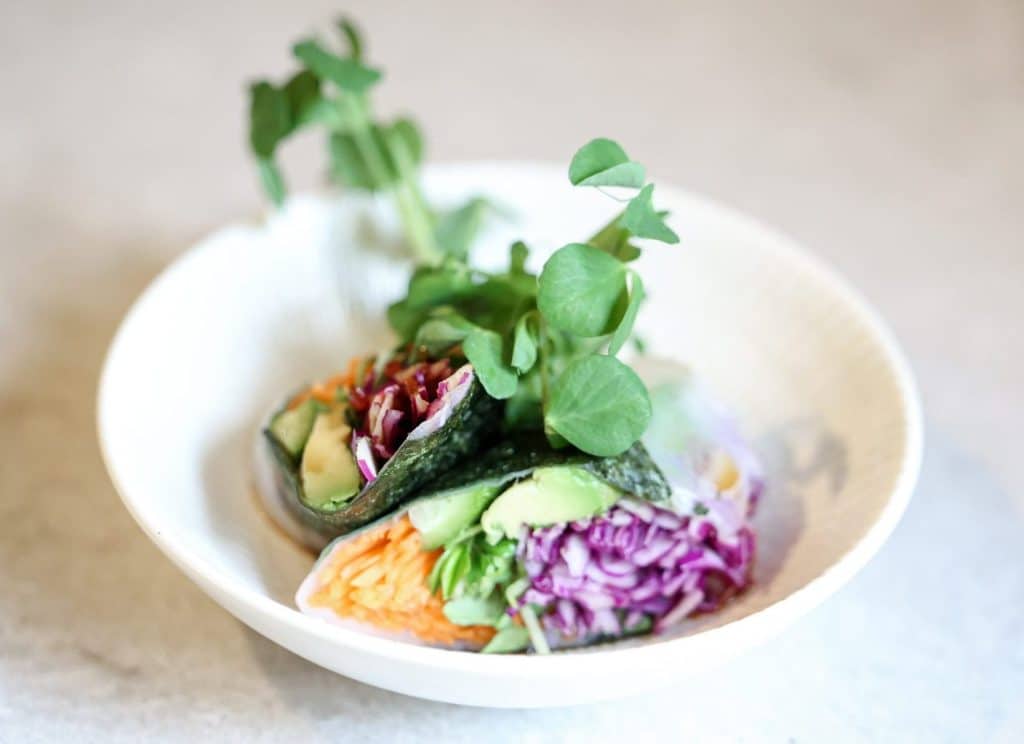Our bodies and their inner workings are unique. So when we are confronted with so much conflicting information and clashing opinions on what we should or shouldn’t eat, confusion is an understatement! At the end of the day, what we know to be true is this:
Different eating patterns will work for different people.
Balance is key.
Enjoyment does not need to be sacrificed!
More and more people are leaning into plant-based diets for a variety of reasons. A 2022 study by Statista of diets and nutrition in Australia revealed that 26% of respondents identified as either vegan, vegetarian, flexitarian or pescetarian. Whether you decide to eat purely plant-based or not, it’s safe to say that incorporating more plants into your diet is always going to be an incredible source of nourishment for your body!
However, if you do maintain a food regime that predominantly consists of plant-based foods, it’s essential – just as with any way of eating – to ensure you are feeding your body a balance of the right nutrients, and enough of them.
In this article, we provide a guide to the essential nutrients to be mindful of incorporating into your diet if you live plant-based, and some excellent food sources that you can add to your daily snacks and meals to ensure your diet is rich with nutrients!
Plant-based eating: Essential nutrients your body needs
If you’re reducing your consumption of meat, dairy and eggs – or cutting them out altogether – you will naturally be eliminating some key sources of essential nutrients. This in no way means that you can’t get these nutrients from plant-based foods. It’s simply important to consciously do so to avoid lacking nutrients in any areas.
Below are some of the most important nutrients your body needs in order to thrive.
Protein
The notion that you need to eat meat to consume enough protein is well and truly outdated. We all need protein to give us energy, help our bodies build and repair our muscles and bones, and to make hormones and enzymes.
Some excellent plant-based sources of protein include:
- Pulses – chickpeas, lentils, beans
- Soy-based foods – tofu, tempeh, edamame
- Oats
- Nuts and nut butters
- Quinoa
- Green peas
And if you do eat meat, these foods can provide a wonderful protein boost as well!

Calcium
Calcium is commonly associated with maintaining healthy bones and teeth but also plays a role in blood clotting, nerve transmission and maintaining the healthy functioning of our muscles. Again, although dairy is a rich source of calcium, a tall glass of milk is not your only solution. And luckily so! According to Dietitians Australia, a large cause of lactose intolerance is genetic:
“People with East Asian, West African, Middle Eastern, Greek, Italian, and Aboriginal and Torres Strait Islander backgrounds often produce less lactase enzyme and have a 70-95% chance of being lactose intolerant. In Caucasians, approximately 1 in 20 people have some degree of lactose intolerance.”
Some other wonderful sources of calcium:
- Fortified plant-based milks
- Soy-based foods
- Leafy greens
- Certain nuts, seeds and grains
- Beans, peas and lentils
B12
We need vitamin B12 in our diets to form red blood cells. A deficiency in this can lead to anaemia, which presents itself through symptoms such as fatigue, weakness, dizziness and shortness of breath. We also need vitamin B12 for the function and development of brain and nerve cells.
The richest sources of vitamin B12 are meat, poultry, eggs, fish and dairy. Without consciously and purposefully eating foods that will meet our needs for this particular nutrient, our bodies can easily become lacking.
You can also get vitamin B12 through:
- Fortified foods
- Nutritional yeast
- Seaweed
- Supplements
Iron
Iron forms a core component of red blood cells, which have an essential role in transporting oxygen throughout the body. Iron deficiency can make daily life more challenging, with symptoms such as extreme fatigue, weakness, pale skin, headaches and more.
Although there are plenty of plant-based sources of iron, they’re a less absorbable type (non-haem) than that present in animal products (haem). Consuming these sources of iron alongside vitamin C-rich foods (such as oranges, tomatoes and lemon juice) helps boost the absorption of the iron from plant foods and maximises the benefits your body receives!
Some sources of iron – aside from a slab of red meat – include:
- Whole grains
- Legumes
- Tofu
- Nuts and seeds
- Dark leafy green vegetables
- Oats
- Fortified breads and cereals
Omega-3 fatty acids
These are essential fats, which means that your body cannot produce them and they therefore need to be obtained through your diet. Omega-3s are essential to keep your body functioning in peak condition. They form an essential part of the cell membranes throughout the body and serve as the starting point for making hormones that regulate blood clotting, inflammation and the contraction and relaxation of artery walls.
One of the best sources of omega-3s is fish. Herring, wild salmon and bluefin tuna are amongst the top three fish containing the most of this essential fat. However, if you’re steering clear of fish in your diet, some other great options are:
- Flaxseeds
- Chia seeds
- Leafy green vegetables
- Walnuts
- Soybeans

Including more plant-based foods into your diet can provide incredible benefits for your health – as long as you are being mindful of consuming enough of the right nutrients. A plant-based diet without proper guidance or direction can lead to a lack of nutrients that your body needs. Purposefully planning your nutrition with these nutrients in mind will help ensure that you’re feeding your body balanced goodness to maintain optimal health!





